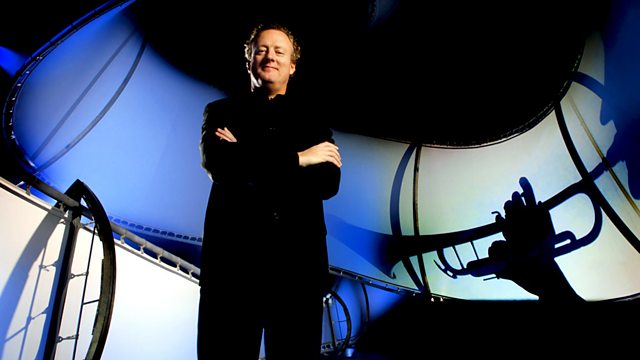
The Age of Elegance & Sensibility
Howard Goodall looks at the age in which composers went from being the paid servants of princes and archbishops to working as freelancers.
Composer Howard Goodall looks at the age of Haydn, Mozart, Beethoven, Schubert, Mendelssohn, Schumann, and Chopin. This was an era - from 1750 to 1850 - in which composers went from being the paid, liveried servants of princes and archbishops to working as freelancers, who, most of all, needed to appeal to a new, middle-class audience. Or starve.
This period saw tremendous social upheaval. The American, French, and Industrial revolutions. And yet, until 1800 or so, composers for the most part wrote music that seemed oblivious to the tumultuous social changes unfolding all around it.
In this era, the symphony was born. Initially, as a musical form that was purely abstract, an enjoyable and brain-teasing meander through variations of a simple tune. The music of Haydn and Mozart - with the exceptions of some of Mozart's operas - ignored the darker side of life, and concentrated on the upside.
In the hands of Beethoven, though, the template for the tormented composer-as-genius, music radically changed gear. Beethoven's music became deadly serious, rather than aimed at pleasing an after-dinner audience. His orchestras grew bigger and bigger. Nature itself became a metaphor for the composer's own psychology. Beethoven's near contemporary, Schubert, brought the melancholy voice-and-piano love song to the status of high art. In the hands of an artist like Adele, it's still with us today.
Beethoven's Ode to Joy announced that music could, as he believed, convert the whole world to the ideal of universal brotherhood. That music should henceforth be about reforming humanity was a challenge that younger composers eagerly accepted.
Following Beethoven's lead in his Pastoral Symphony, a whole musical movement began that painted pictures in sound. Brilliantly in the hands of Mendelssohn. The Age of Elegance & Sensibility closes with Chopin, whose delicate, deceptively complex piano music inspired a generation to learn to play the new factory-made instruments, for which vast swathes of piano music was written. The piano, at last, gave women a chance to compose music.
Last on
More episodes
Previous
Next
Clip
-
![]()
Mozart the sublime and surprising
Duration: 02:22
Credits
| Role | Contributor |
|---|---|
| Series Producer | David Jeffcock |
| Presenter | Howard Goodall |
Broadcast
 Sat 9 Feb 2013 21:00
Sat 9 Feb 2013 21:00

